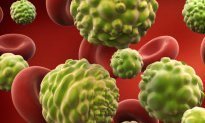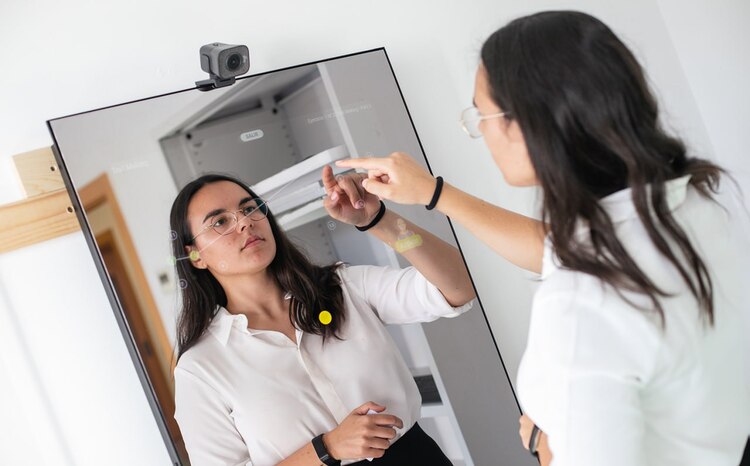Cancer patients get records access

Cancer Research UK, the National Cancer Registration Service and brain tumour support charity brainstrust have created a portal to give cancer patients online access to their treatment records.
The aim is to ultimately expand access to all UK cancer patients.
A pilot of the portal involved 88 patients and ended in March this year, revealing that patients responded positively to having their details available online.
Patient Portal allows people to look at reports on samples of their tumour as well as details of their hospital visits and treatments and any other records held about them by the NCRS.
They can flag up if something is missing or incorrect in their records and use a ‘quality of life’ section to fill in questionnaires to help track different factors such as fatigue.
There is also space for patients to add their own notes, keep a list of contacts and directory of links to helpful information about support, treatment, clinical trials and research.
The pilot initially involved only brain tumour patients, but was extended to include melanoma, brain, colorectal, prostate and kidney cancer.
While patients were generally in favour of the portal, clinicians were more cautious and expressed concerned that it may increase patient anxiety about their condition, a statement from Cancer Research UK says.
The partnership is working towards making cancer registry records available to users of patient-controlled records provider Patients Know Best by the end of 2015.
Patients have to provide their name, address, NHS number, date of birth and details of their GP and consultant to request access to their records.
Cancer Research UK’s project director for the portal, Michael Chapman, said the pilot showed patients liked the portal but work is needed on how it can be offered to a much larger number.
“Our pilot has only involved a small number of patients, but eventually we would like every cancer patient in England and across the UK to be able to access their own cancer registry record if they choose,” he said.
“This will help restore a small amount of control into the seemingly uncontrollable experience that is cancer.”





